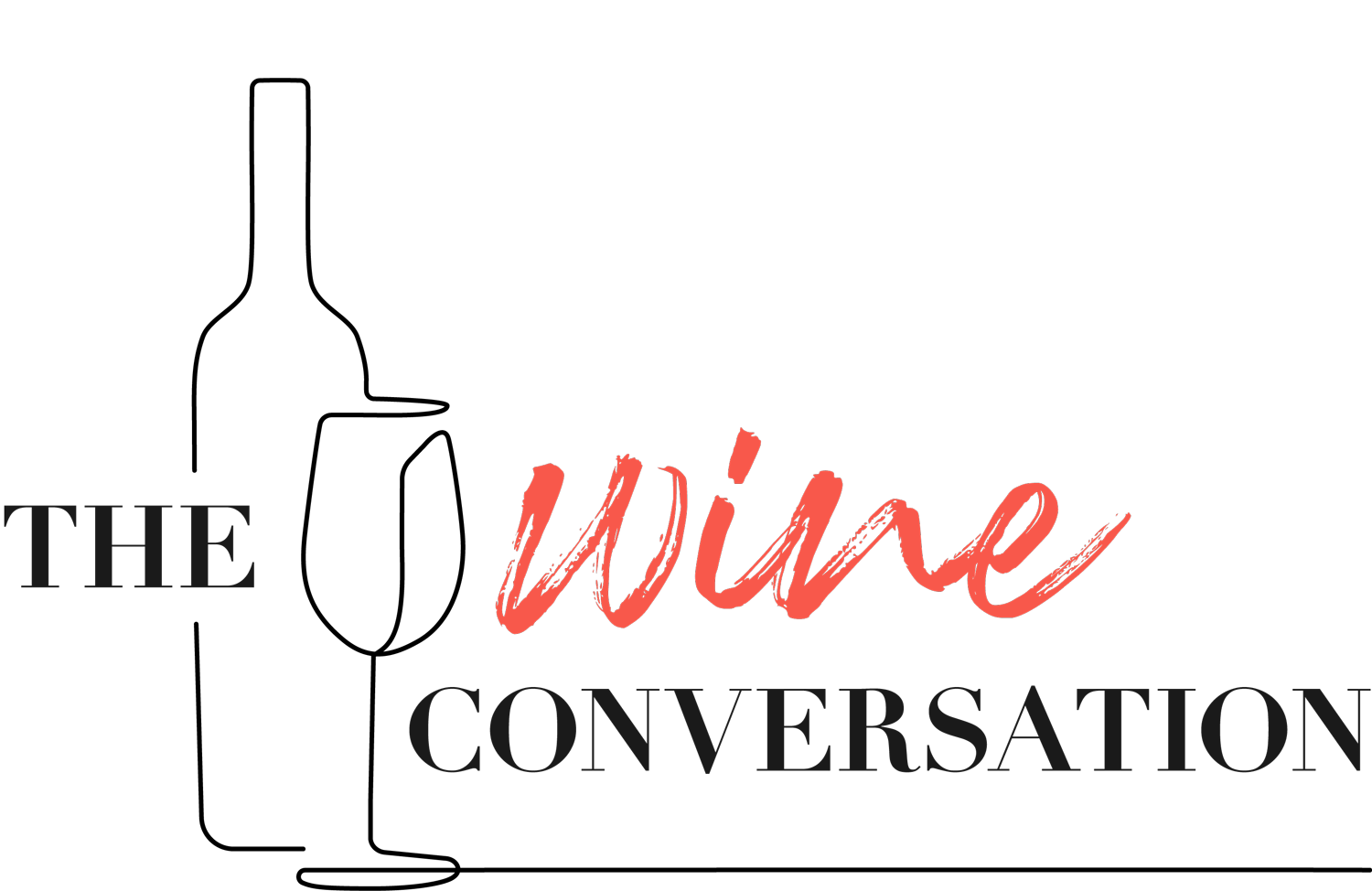▻ Bordeaux Memories
In conversation with James Tanner
Episode Summary:-
Sarah Kemp talks with James Tanner of Tanners Wine Merchants, founded in 1842 in Shrewsbury; he’s the 4th generation of his family to join the family business, which is regarded as a Bordeaux specialist.
Given that continuity, she naturally begins by asking him about his earliest memory of Bordeaux. James responds with a childhood surprise: On his first trip there at the age of three, he was quite disappointed to discover that wine grapes were, unexpectedly, somewhat bitter. Eventually, of course, he discovered that they were much more pleasant in liquid form: “Red Bordeaux and white Burgundy were staples at home.”
When he was at university in the 1980s, his father took him back for a more nuanced view, tasting at various chateaux, and he met many of the notable characters there as well. They tasted and dined at many of the great chateaux, but there was a catch: “Dad was frustrated, he really wanted to be out and about, finding good Petits Châteaux!” When Sarah asks what made the biggest impression on him back then, he replies, unhesitating, “1961 Chateau Beychevelle, definitely, a wonderful aroma of dried flowers, great bouquet and complexity.”
Sarah then asks him about changes over time for Bordeaux. They’ve been huge, he concedes. Prices have gone up considerably, for better or worse some chateaux have become luxury items – “in the old days, we were more matter-of-fact,” he says, but on the other hand, “the wines are more polished, better made, and better value to be had.” How about their image, Sarah asks, noting some criticisms from some markets. He agrees, noting that a “re-alignment” may be necessary: “There’s a need to engage more with customers and promote more properties; there’s plenty of work to do yet.”
On the question of his personal favourites, he admits to leaning somewhat toward the Left Bank, though he deftly notes that he also loves the Right, especially St. Emilion, Canon-Fronsac and Castillon.
Sarah asks about practical experiences, and he talks about the first vintage he actually worked, in 1986, at Chateau Palmer. “It wasn’t especially smart then, and it was hard work, but we had great times in the evenings.” He began that jaunt with lunch at Leoville-Barton, where he had lunch with Anthony Barton and Lilian and the grape pickers: “That was a very special introduction to Bordeaux!” Sarah notes that it was a challenging vintage, and asks, given his first-hand experience, for an assessment. He admits there was some rain, but says that, in the end, it turned out “jolly well,” and ponders the idea of comparing vintages and where it can lead, as 1982 and 1983 were outstanding, but that 1986 has developed well: “The lovely thing about Bordeaux is that some lesser-known vintages that once got overshadowed by the others can be simply magical wines.”
Sarah then asks about recommended vintages over the years, in terms of what’s good now and what’s worth looking at for the future. He mentions 2010, 2015, and 2017 – “a lesser vintage but very pretty, in its own way, there’s always something.” Further back, he cites 1961, 1966, 1970, and 1978 as “fabulous.” Most memorable? He easily responds with “1955 Montrose, 1961 Palmer, 1978 Lafite, 1970 Latour, 1989 La Fleur Petrus (gorgeous).”
Back to continuity, Sarah asks about the next generation of Tanners, and he reveals that one of his daughters has been down at Ch Angludet working the harvest.
Sarah then gets down to brass tacks: What’s his advice to newcomers? His response is sensible and classic: Put yourself in the hands of a good wine merchant. For example, look at the website of The Bunch, he says. This group of seven independent merchants “does treat buying wine very seriously, we do the work, find those sweet spots we’re all looking for, and can find lovely wines that don’t cost the earth.”
Any more tips for those on a budget, Sarah asks. “You don’t need to spend the earth with Bordeaux, we all know there is a huge rarity value and exclusivity at the top end, but there are some lovely wines that don’t cost the earth.” James reveals his tips for good value Bordeaux wine. Sarah asks him about whether he believes there are any other regions which can rival Bordeaux stylistically, and he mentions a tasting where a Gimblett Gravels from Hawkes Bay in New Zealand showed well against several medium priced clarets and which was surprisingly difficult to pick out. Sarah’s final question is what would be James’s desert island wine – he replies 1961 Ch Palmer.
““The lovely thing about Bordeaux is that some lesser-known vintages that once got overshadowed by the others can be simply magical wines.””
Running Order:-
-
0.00 – 8.01
“The changes have been huge, Bordeaux wines are very much treated as an investment”
– Earliest memories of Bordeaux.
– The wine which made the greatest impression on him as a young man.
– The major changes in Bordeaux over the years. -
8.02 – 13.37
“I think that is the lovely thing about Bordeaux, actually all the wines, is to look at some of the lesser-known vintages which can get overshadowed by the others and often are magical wines”
– Where there is value in Bordeaux.
– Favourite memories.
– Picking the 1986 vintage.
– James Tanner’s favourite vintages. -
13.38 – 20.08
“You don’t need to spend the earth with Bordeaux”
– The next generation of Tanners in the wine industry.
– Advice for newcomers coming to Bordeaux.
– What to buy on a budget.
– Regions which may rival Bordeaux.
– James Tanner’s desert island wine.
RELATED POSTS
Keep up with our adventures in wine








Find out why the Connoisseur Week is Sarah Kemp and Jane Anson’s favourite week of the year.